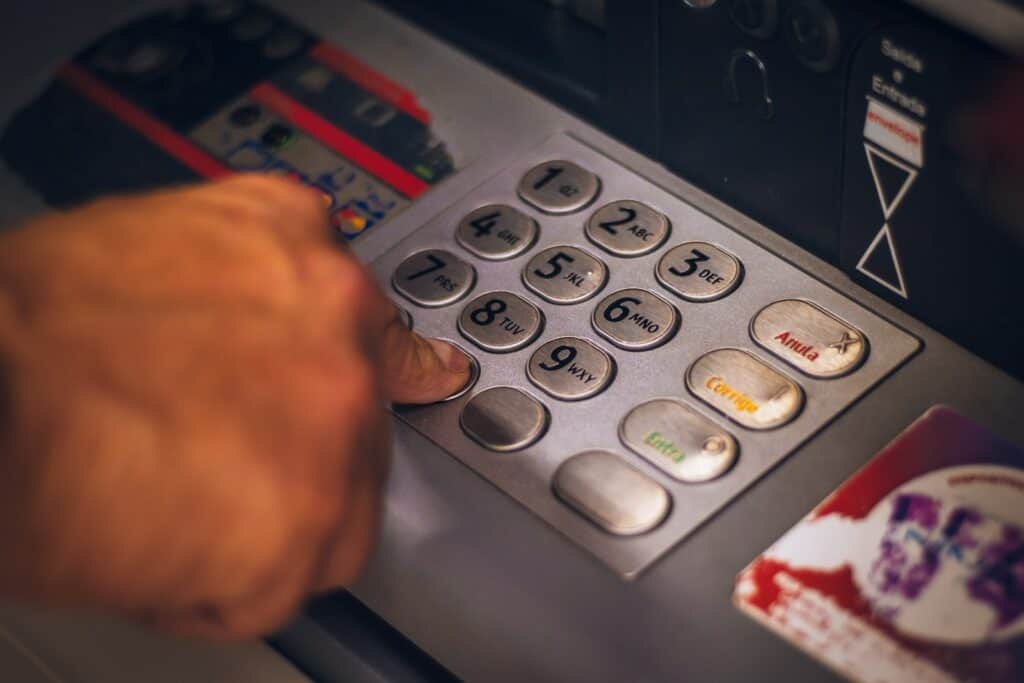As a freelancer in Ireland, managing your finances is crucial to the success of your business. One of your most important decisions is choosing the right bank account to suit your needs.
While various options are available, it can be challenging to navigate the banking landscape and find the best fit. In this post, we’ll provide tips and insights on choosing a bank account that suits your new freelancing business.
Understanding Your Banking Needs as a Freelancer
As a freelancer, your banking needs will depend on a number of factors such as the size of your business, the frequency and volume of transactions, and your specific financial goals. Here are some factors to consider when choosing a bank account:
- Account Fees – Banks charge fees for various services such as ATM withdrawals, transactions, and maintenance. Consider the fees and choose an account that aligns with your budget and requirements.
- Online and Mobile Banking – As a freelancer, you’ll likely need to access your bank account on-the-go. Look for a bank that offers online and mobile banking services to make managing your finances more convenient.
- Credit Facilities – Some freelancers may need access to credit facilities such as loans and overdrafts. Consider whether you require these facilities and whether they are offered by the bank you’re considering.
- Customer Support – Consider the level of customer support provided by the bank, including accessibility, response times, and quality of service.
Choosing the Right Bank Account for Your Freelance Business
Now that you know what to look for in a bank account, here are some tips for choosing the best bank account for your Irish freelance business:
- Do your research – Research different banks and their services to find an account that meets your needs. Consider factors such as fees, interest rates, and account features.
- Seek recommendations – Reach out to fellow freelancers or industry groups for recommendations on banks they have had positive experiences with.
- Assess customer support – Consider the accessibility and quality of customer support provided by each bank.
- Use trial periods – Many banks offer trial periods or free services for a certain period. Take advantage of these offers to test the bank’s services and decide whether it’s a good fit for your business.
Benefits of Having a Business Bank Account
While it’s possible for freelancers to use their personal bank account for business purposes, there are several benefits to having a separate business bank account, especially if you have a home-based business:
- Organisation – Keeping business finances separate from personal finances makes it easier to track income and expenses and maintain accurate financial records.
- Professionalism – Using a business bank account presents a more professional image to clients, suppliers, and financial institutions.
- Tax Preparation – A separate business account simplifies the process of preparing taxes by separating business expenses from personal expenses.
- Access to Financing – Having a business account can help you establish a relationship with the bank, making it easier to access financing in the future.
Online Banking for Freelancers
As a freelancer, online banking can be a valuable tool to manage your finances. Here are some of the benefits of online banking:
- Accessibility – Online banking allows you to access your account and manage your finances from anywhere, at any time.
- Convenience – Online banking eliminates the need to visit a branch or wait on hold to speak with a representative.
- Security – Online banking is often more secure than traditional banking methods, with encryption and multi-factor authentication protecting your account.
- Budgeting Tools – Many online banking platforms offer budgeting tools, allowing you to track your expenses, set financial goals, and stay on top of your finances.
Credit Facilities for Freelancers
Access to credit facilities can be beneficial for freelancers, providing financial flexibility and the ability to manage cash flow. Here are some credit facilities to consider:
- Business Overdraft – An overdraft facility allows you to borrow funds up to a certain limit, which can be useful for managing cash flow.
- Business Credit Card – A business credit card allows you to make purchases and manage expenses while building credit and earning rewards.
- Business Loans – Business loans can provide access to funds for larger investments, such as equipment or marketing campaigns.
Reviewing and Adjusting Your Bank Account
Once you have chosen a bank account for your freelance business, it’s important to review and adjust it as needed regularly. Here are some tips for managing your bank account:
- Monitor fees and charges – Keep track of the fees and charges associated with your account and regularly evaluate whether they align with your budget and usage.
- Check for new offers and services – Banks often introduce new offers and services, such as cashback rewards or new account features. Check regularly to see if there are any new offers or services that could benefit your business.
- Adjust your account as your business grows – As your business grows and your banking needs change, you may need to adjust your bank account. For example, you may need to upgrade to an account with higher transaction limits or additional features.
- Maintain accurate financial records – Regularly review and reconcile your bank statements to ensure accurate financial records. This can help you identify any errors or discrepancies early on and prevent financial issues down the line.
Conclusion
Choosing the right bank account is an important decision for freelancers in Ireland. Understanding your banking needs and researching different banks are key to making an informed decision.
By assessing factors such as fees, online and mobile banking, credit facilities, and customer support, you can find a bank account that aligns with your business goals and helps you manage your finances efficiently.


